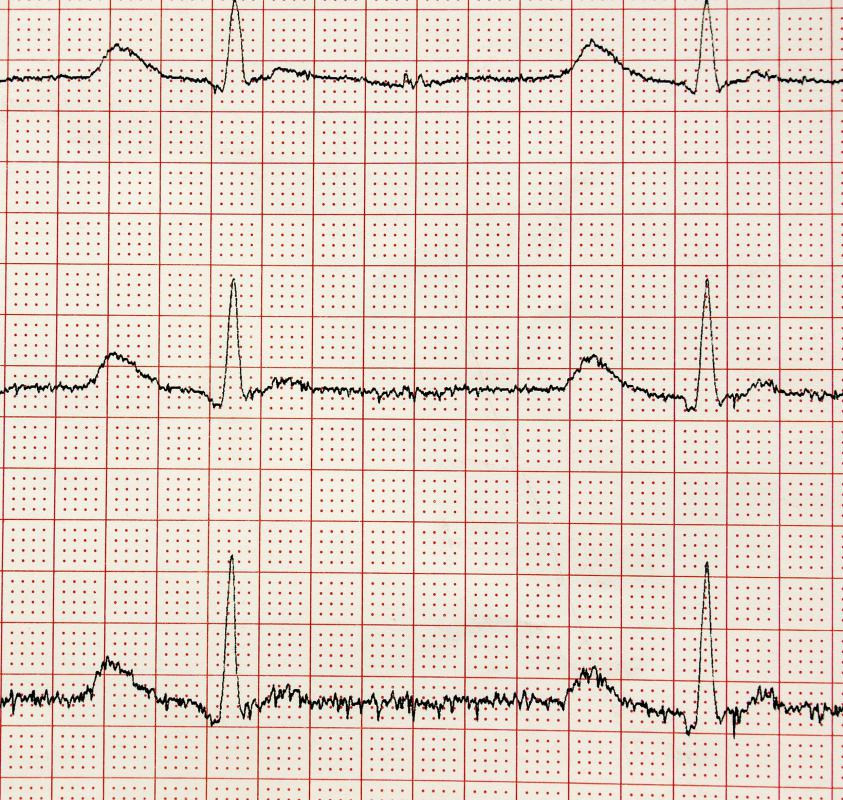At WiseGEEK, we're committed to delivering accurate, trustworthy information. Our expert-authored content is rigorously fact-checked and sourced from credible authorities. Discover how we uphold the highest standards in providing you with reliable knowledge.
What Is Pediatric Neuropsychiatry?
Pediatric neuropsychiatry is a branch of medicine concerned with behavioral issues in children that are related to neurological problems. Disorders like autism, Tourette syndrome, and even obsessive compulsive disorder can be treated by this type of clinic. Like all types of neuropsychiatry, there is some concern that the fields of psychiatry and neurology are too different to be healthfully combined into a single practice. Even so, the relationship between neurological states and behavioral patterns makes this alliance valuable from many perspectives. Treatment at a pediatric neuropsychiatry clinic may be effective for alleviating some symptoms of even the most severe illnesses.
Most practitioners of pediatric neuropsychiatry hold degrees in psychiatry, and many are medical doctors are well. Specialization in psychiatry is common, with neuroscience typically being a secondary topic. As these doctors work with children, they must be exceptionally patient and qualified for this task. Some teaching hospitals also have students working and observing, which can be uncomfortable for children or their parents.

In the history of medicine, pediatric neuropsychiatry represents a move away from ideological explanations of mental illness toward a scientific approach to disorders of the mind. For example, instead of seeing obsessive compulsive disorder as a problem caused by mothers, neuropsychiatry finds causes in the differences between brains that do and do not have this problem. This may not completely explain the illness, but it does provide a scientific route through which it can be diagnosed and treated.

The disorders addressed by pediatric neuropsychiatry clinics vary. Autism, body dysmorphic disorder, and tic disorders can all be treated at this type of clinic, and all of these disorders benefit from the neurological perspective of this type of psychiatry. Even though neuropsychiatry places emphasis on the idea that these disorders are rooted in the brain, no less focus is placed on the ultimate goal of a better life for the patient and alleviation of symptoms.

Clinics themselves often provide diagnoses and treatment, although some focus only on diagnosis and testing. Testing depends on the disorder and may involve neuroimaging, electroencephalography (EEG), or simple questioning. Treatment options vary depending on the facility and the illness, but it is common for a pediatric neuropsychiatry clinic to offer medication, cognitive therapy, and other interventions. Most illnesses treated at this type of clinic require extended treatment over a long period of time and may involve giving children drugs that can be dangerous if not carefully monitored. As such, educating parents and guardians is also a major part of any clinic's mission.
AS FEATURED ON:
AS FEATURED ON:
















Discussion Comments
How often should EEG MRI tests be done on a four year old child with an LGS diagnosis?
Post your comments